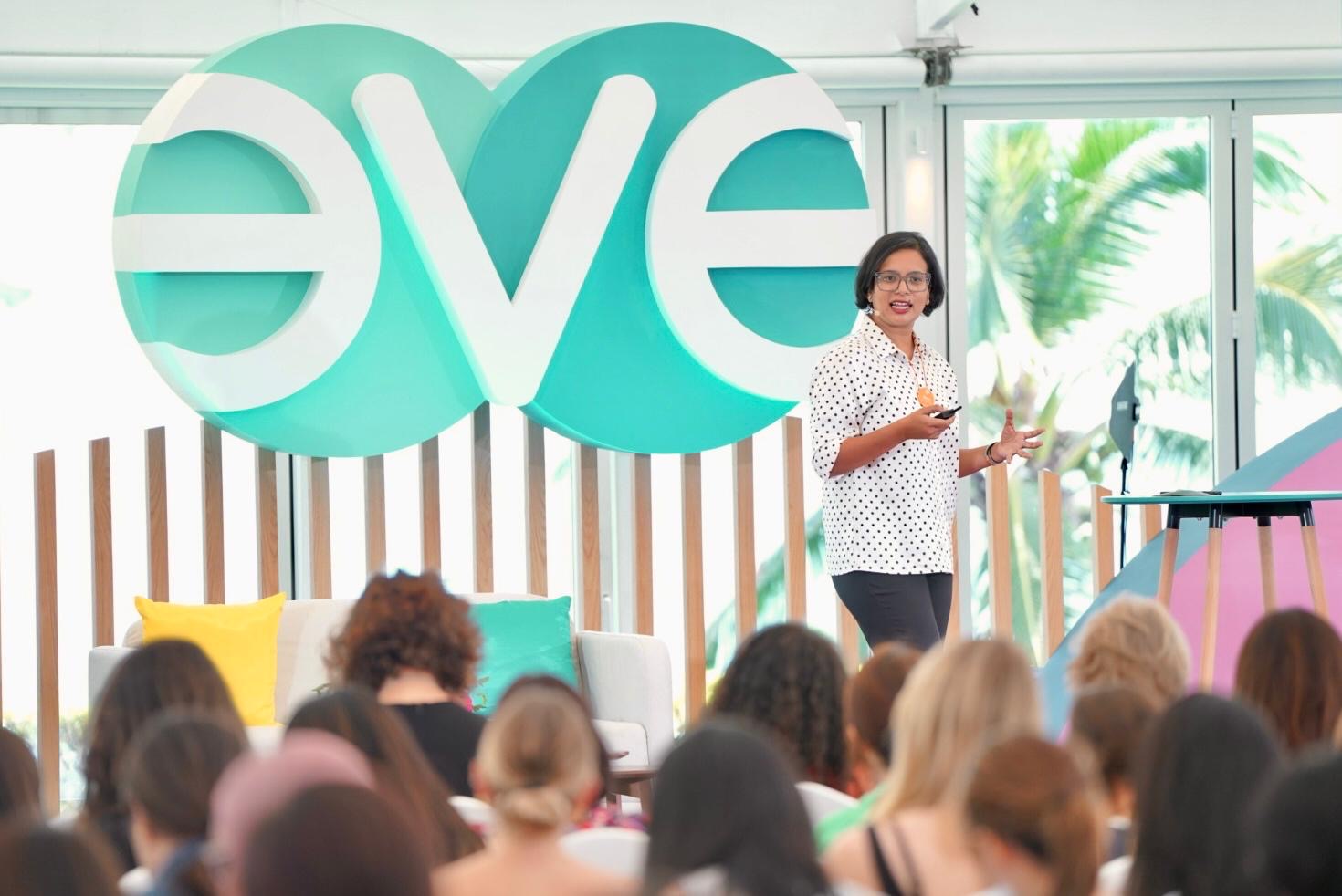What are the benefits of laughter at work?
Olivia Gazalé: At work, laughter is a fantastic tool: it builds relationships, fosters understanding, erases age gaps, strengthens team bonds, and can even defuse conflicts. That explains the popularity of corporate theater, which uses comedy. to unite teams and combat stress or lack of motivation.
But you say there’s a darker side to laughter. What do you mean?
Olivia Gazalé: The many advantages of laughter mask its more troubling side, because laughter can both include and exclude. It’s a key tool in relationships, both for seduction and power! That’s because it confers an authority to those who know how to handle it. The “joker” takes the upper hand, gaining admiration and creating a protective clan. Laughter can demean others, generating a sense of superiority in mockers and forcing uneasy laughs from those afraid of becoming targets. Sometimes we laugh out of fear or loyalty. This phenomenon can be observed in the playground: skilled bullies bring allies on board quickly. Freud said that in the right hands, humor “creates for the enemy a host of opponents where at first there was only one.” Laughter reinforces power, and when you laugh, you often side with the stronger party.
Is this “weapon” of laughter accessible to everyone?
Olivia Gazalé: No, you need a certain amount of power before you can use laughter as a weapon. Laughter must follow rituals and unspoken rules. For example, only leaders can initiate humor in meetings, subordinates can’t do it first. The ability to be funny, which means breaking the rules, is not within everyone’s reach. A subordinate cannot be the first to bring humor into a meeting because it would be inappropriate. But a superior can afford to crack a joke, and what’s more, the subordinate may feel compelled to laugh. If you are the target, you may feel disarmed, you cannot retaliate or tease the boss. It can be very humiliating, especially in public. So laughter has two faces: one powerfully beneficial and the other aggressively offensive. All in the name of humor.
To clarify, how do we distinguish between laughter and humor? What makes something funny?
Olivia Gazalé: Laughter is a physical response to humor. It is often sparked by a comedic event or funny comment, but it can also be generated by a reaction to a physical stimulus (e.g. tickling) Humor is the quality that makes something funny; a playful, peaceful, “non-serious”, “make-believe” state of mind. Sarcasm is harsher and serious. It’s important to make these distinctions.
If humor is just “make believe”, why can’t we laugh at everything?
Olivia Gazalé: You can laugh at anything, as long as it respects a tacit “humor pact”. The pact depends on four key factors: context, speaker, target, and intention (playful or with a desire to convey a hurtful message). In order to laugh, you need to feel safe, not threatened or attacked, whether you are alone or part of a group. If the intention isn’t to hurt and the pacts holds, it is humor. Self-deprecation, for example, is a key component of the humor pact, because making fun of oneself is less hurtful than attacking others. The target’s vulnerability matters, more powerful people are less vulnerable to mockery.
Why is vulnerability essential?
Because people who are already stigmatized by society are much more likely to be hurt when mocked. Certain degrading jokes are now widely rejected, because sociology has shown that when these jokes are repeated, they cause real harm to their targets. Not only does racist, sexist, anti-Semitic, and fat-phobic comedy reinforce stereotypes, but it also reinforces discrimination (difficulty in obtaining employment, housing, etc.) against the targeted individuals or categories.
Can laughter also be a weapon for emancipation?
Olivia Gazalé: Absolutely. Laughter is an extraordinary weapon for subversion, protest and emancipation. It lets people denounce injustice, break norms and prohibitions, and demystify power. Subordinates, minorities, and women have all used laughter and turned it into a weapon for liberation. There is nothing more intimidating than an army of people laughing. In my opinion, we should put no boundaries on our ability to laugh at those with power, because satire is essential to a properly functioning society. However, vulnerable people should never be pushed further down.
Can we reassure people who are worried about laughing less that we’re not going to stop?
Olivia Gazalé: Yes, only tasteless jokes should stop. I think you can laugh at anything, but doing so with grace is a subtle and demanding art. At the end of my book, I replaced Plato’s phrase “to philosophize is to learn how to die” with “to philosophize is to learn how to laugh better”.
So laugh at anything, with everyone, at everyone, if the humor pact is respected and no harm intended. And there are plenty of non-offensive laughs to be had! What no longer works is exclusive and sectarian laughter, with undertones of contempt or hatred. But when it’s inclusive and builds solidarity, you can never laugh too much!
Interview by Elise Assibat for the EVE web magazine





